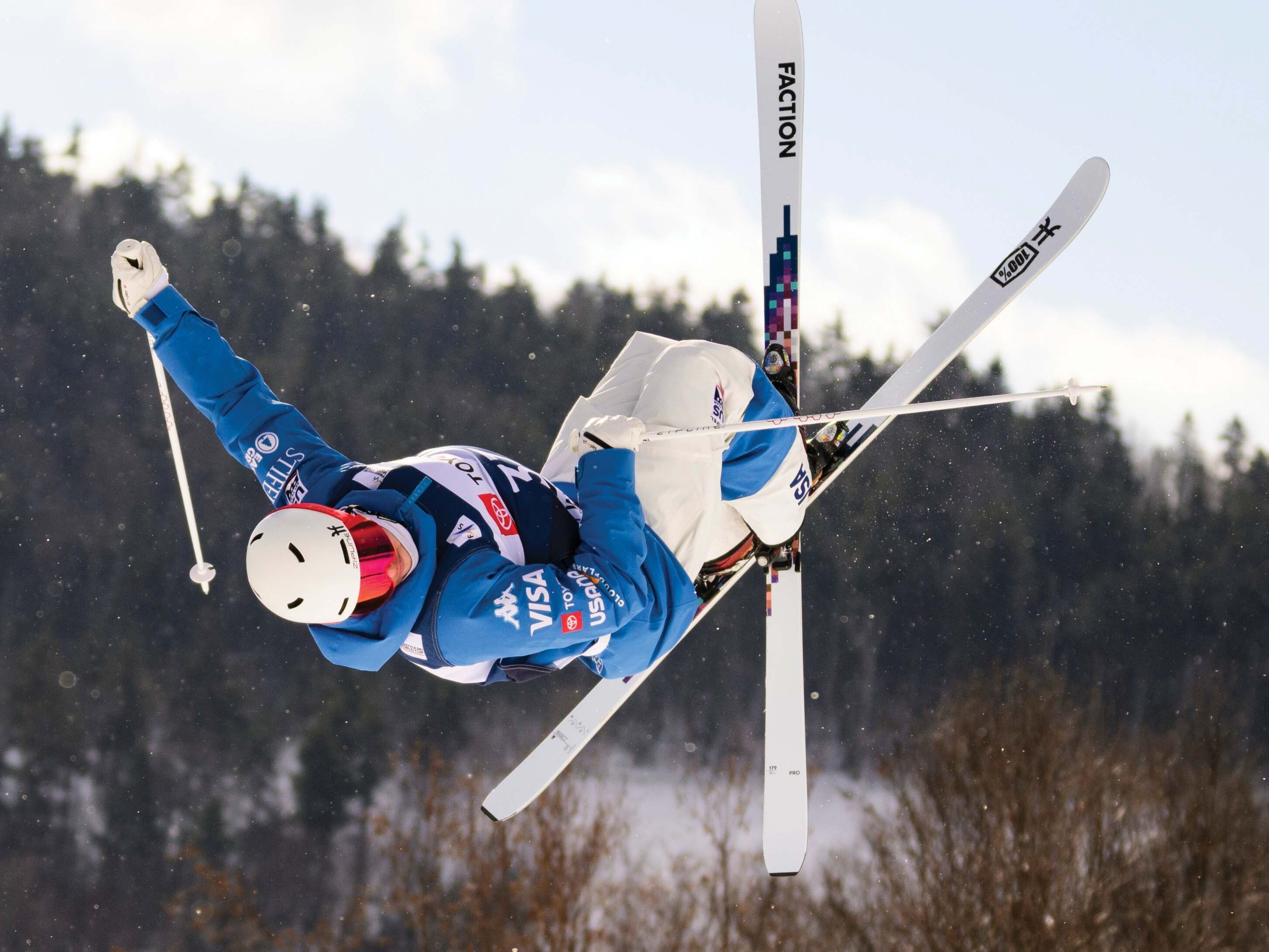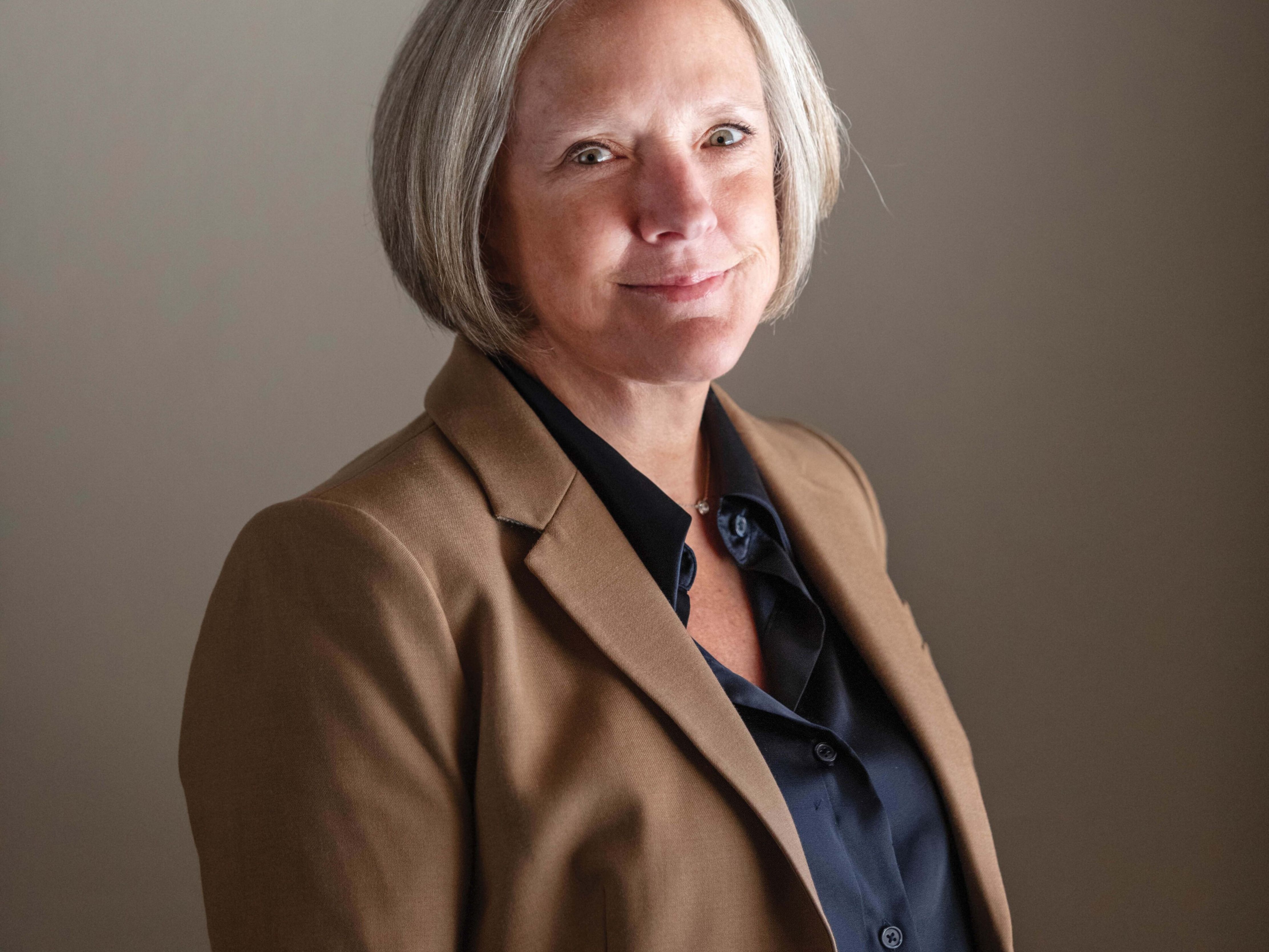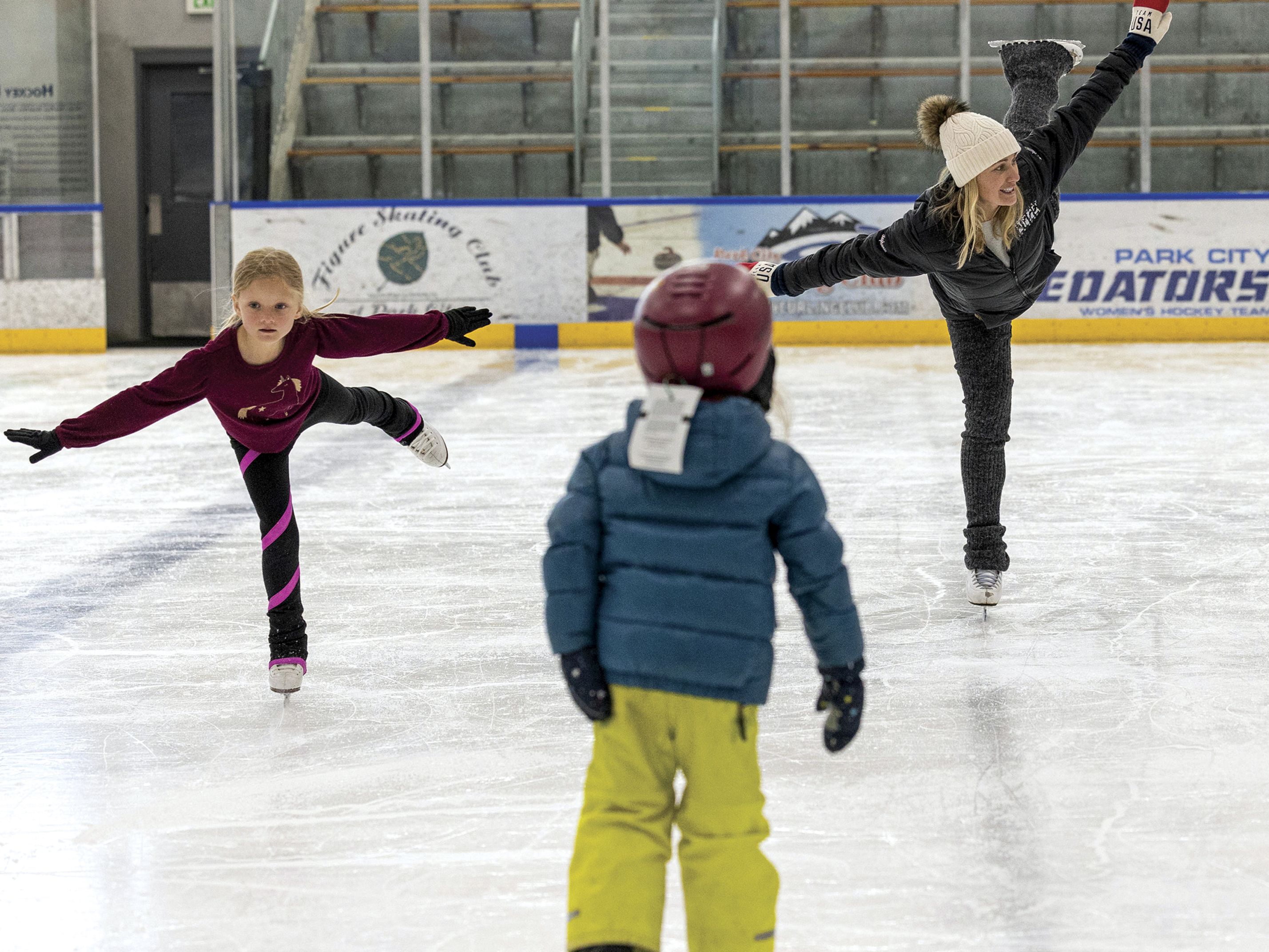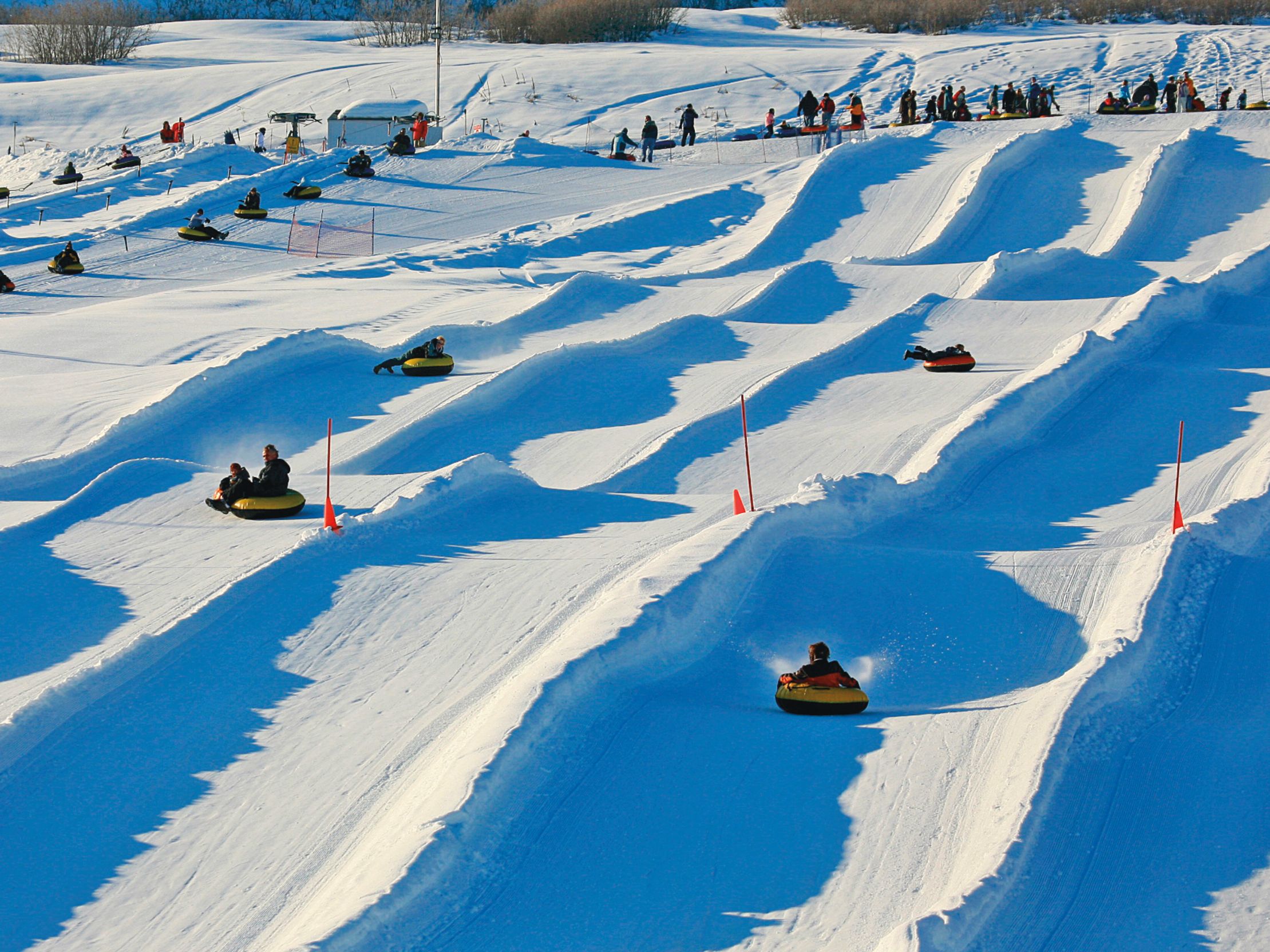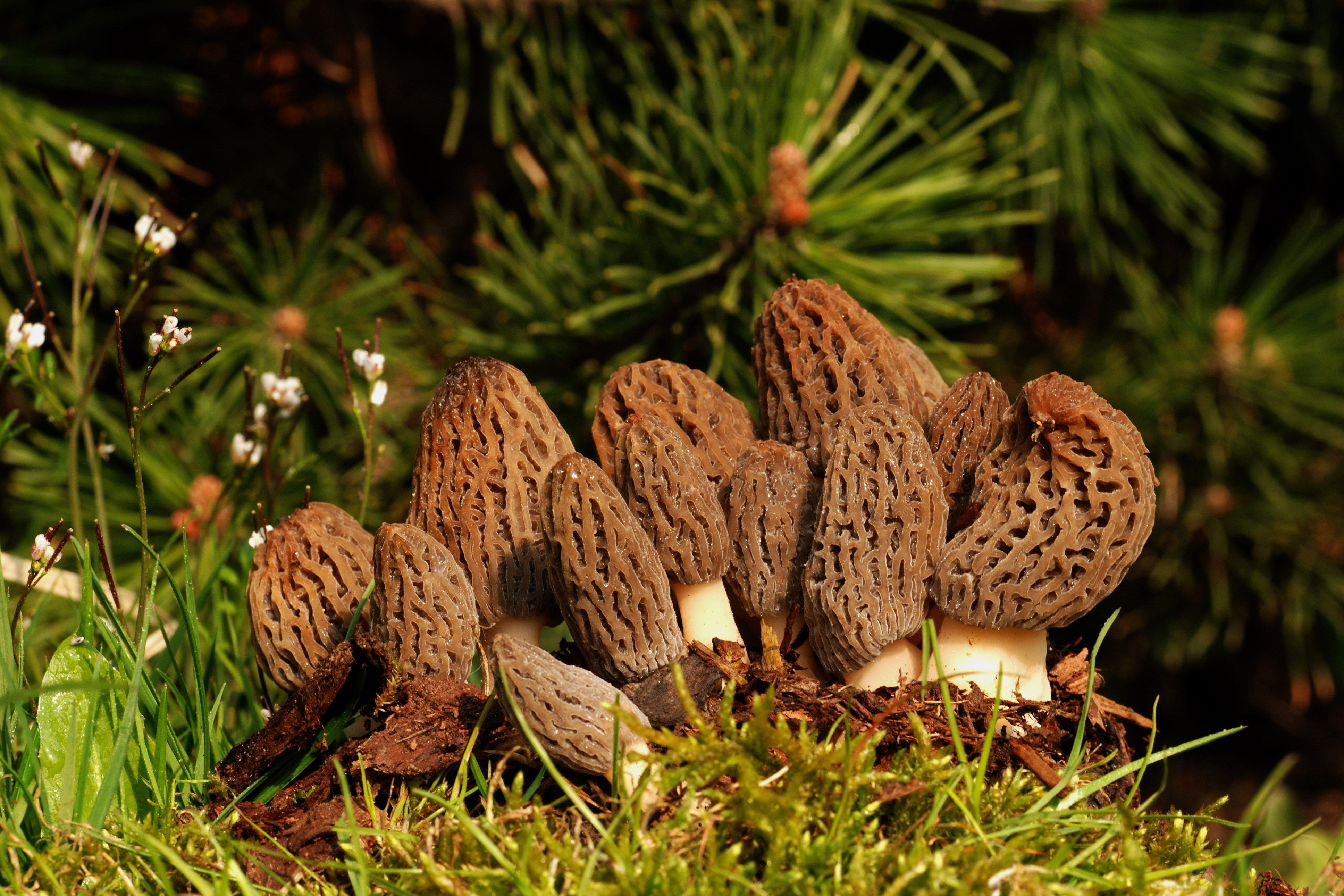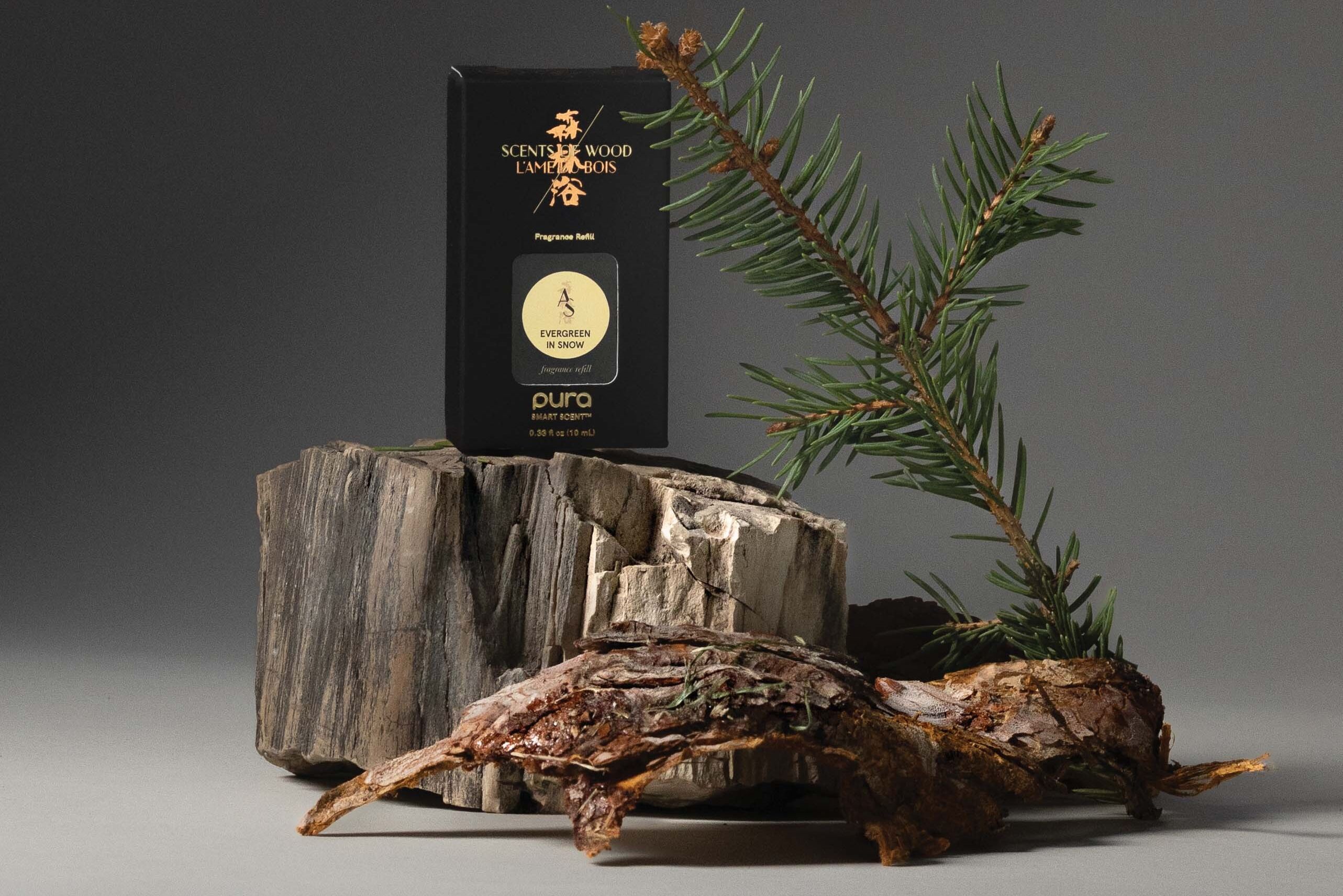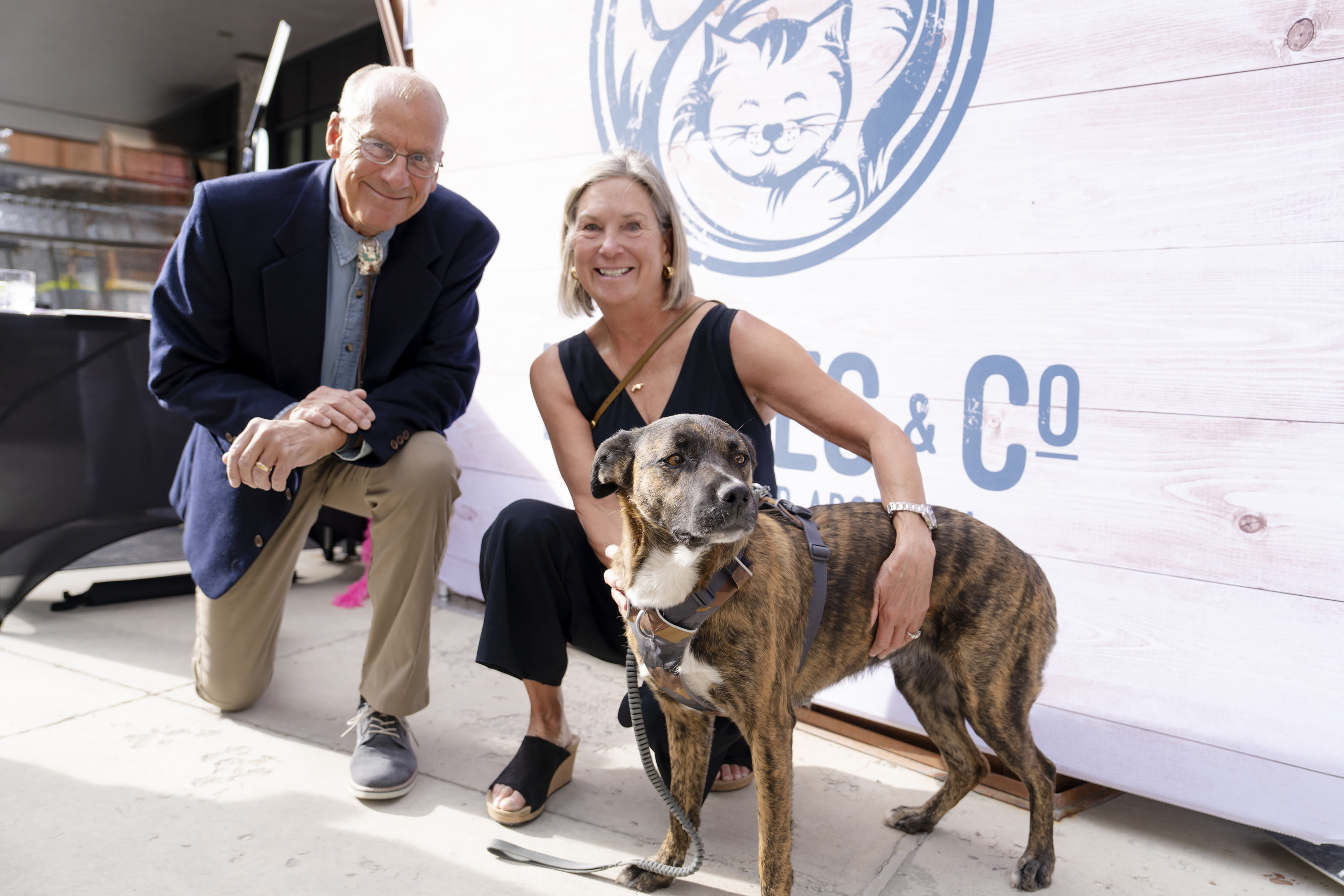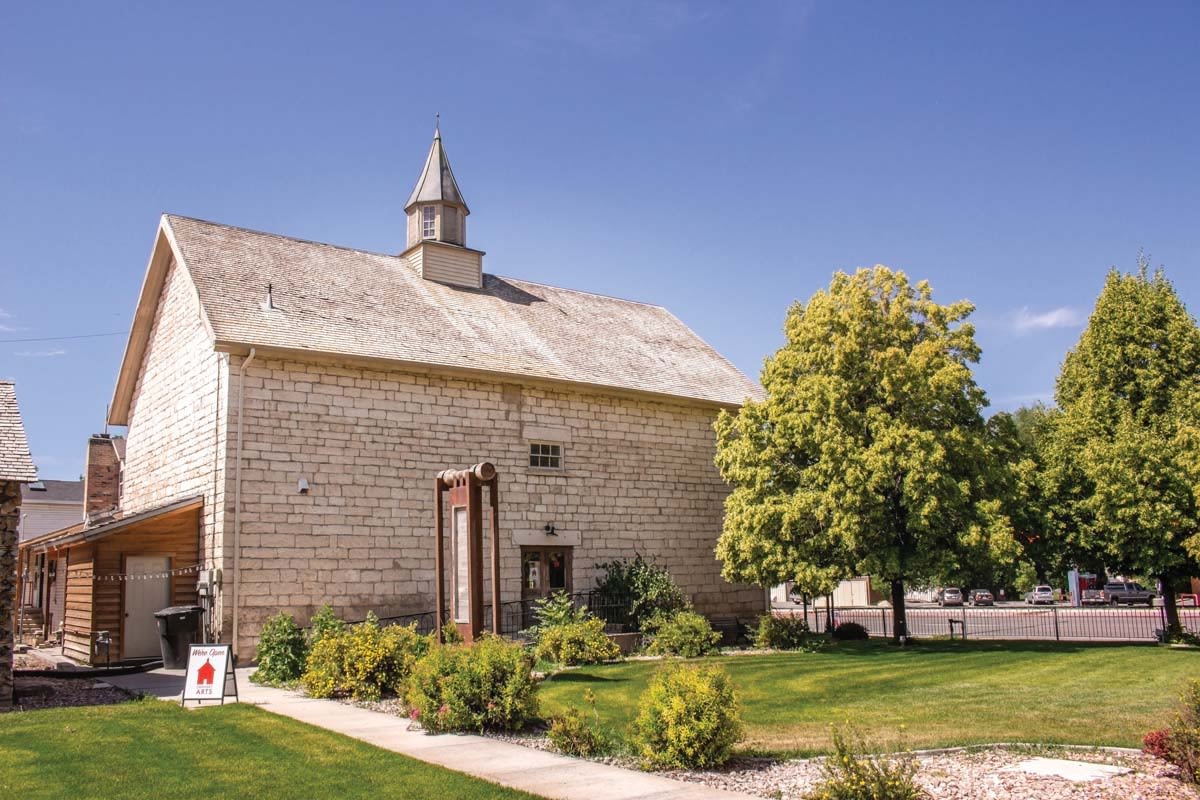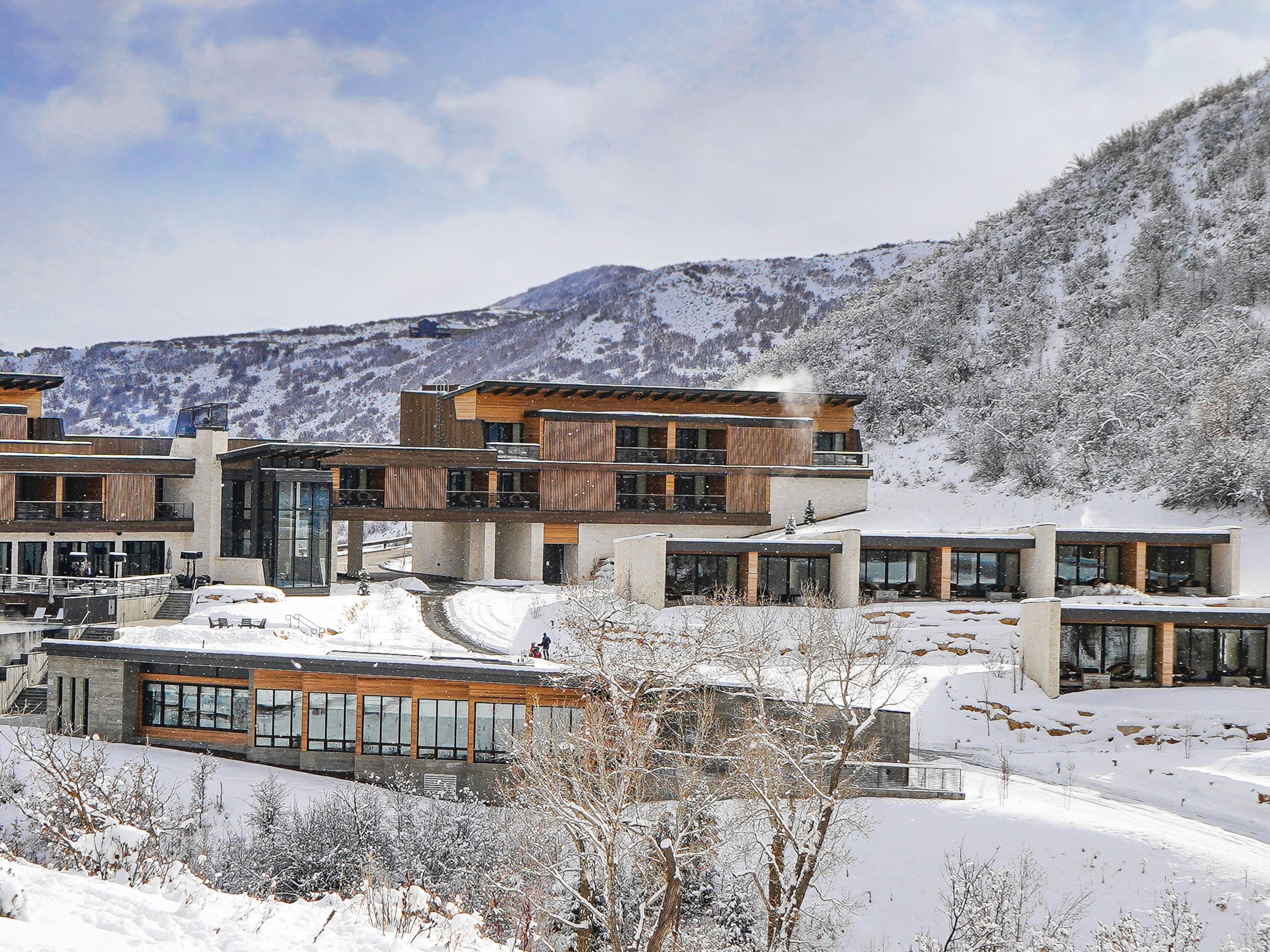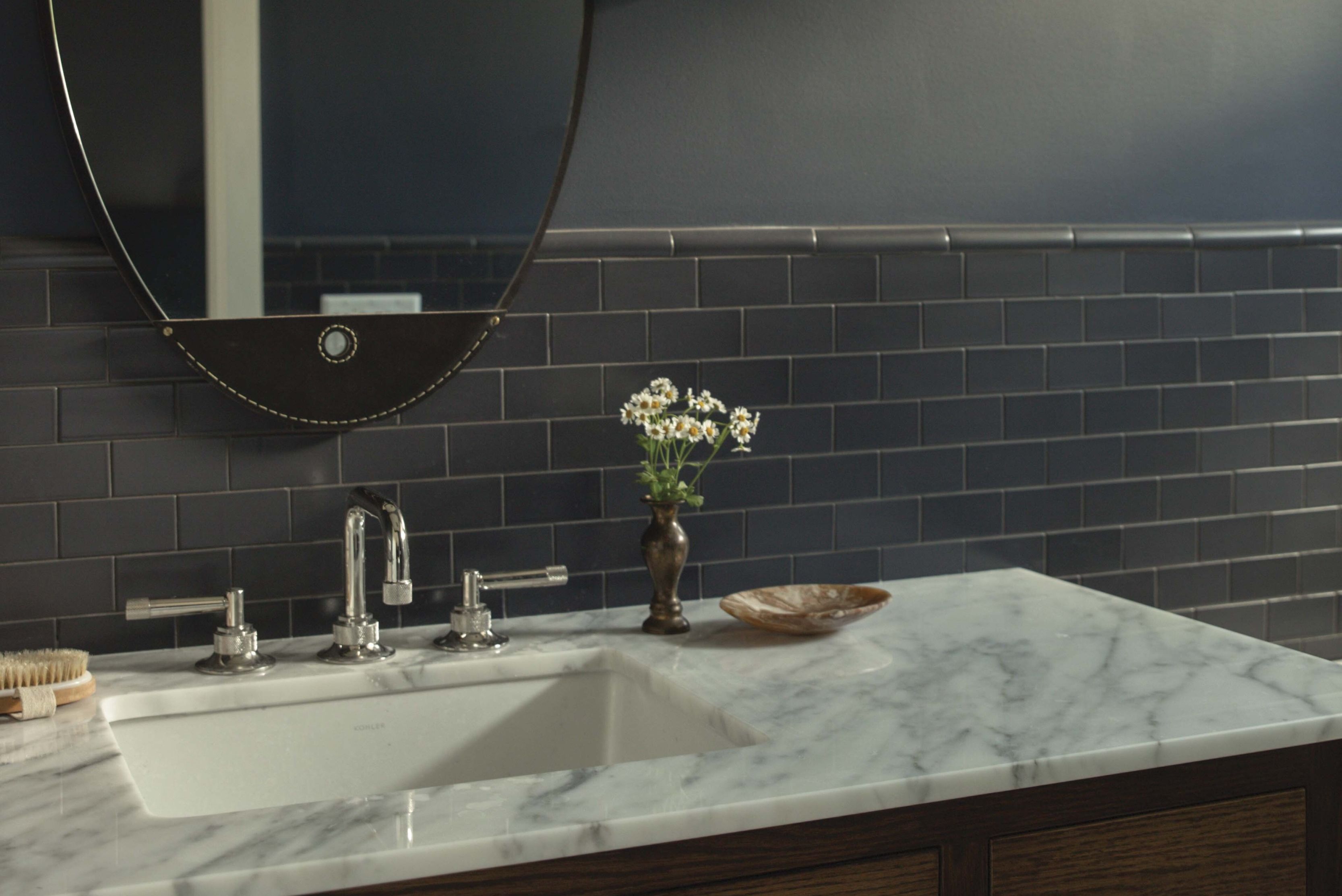Local Color
Medicine Woman: Juanita Ramos Corum
Marked by a single feather pinned to the door, the unadorned space of Juanita Ramos Corum’s small Main Street studio belies the expansion of mind and spirit that can occur within. “Carrying the medicine bag” for 22 Native American nations, Corum guides “two-leggeds” through spiritual detoxes to unlock their full potential.
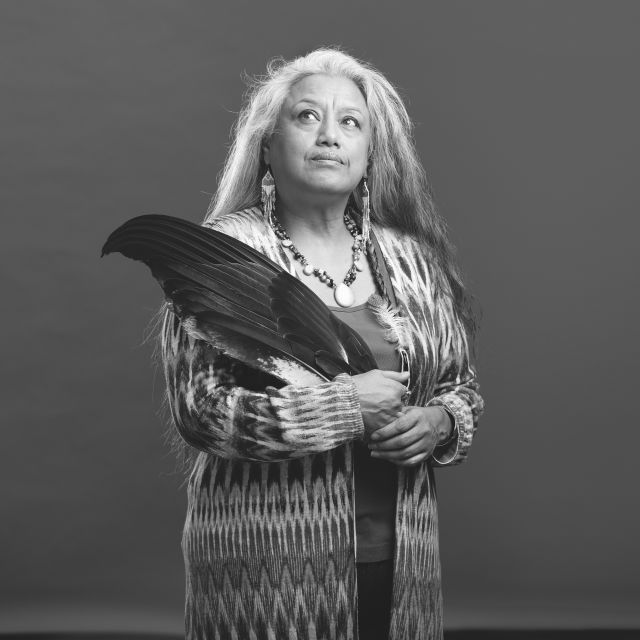
A breathtaking woman of Pacific Islander and Native American heritage, Corum was not allowed to participate in her spiritual traditions as a child. But as an adult, Corum
began immersing herself in Native American culture by attending pow-wows. She created an event company producing trade shows with the US government to attract international students to American universities. “It was my dream job: I was traveling, making money,” she recounts. “I was speaking at a pow-wow, when Chief White Eagle from the Cherokee Nation said to me, ‘All of this is leaving. You are to do earth medicine.’ That was September of 2001. Several days later, 9/11 occurred, and my job was gone. White Eagle invited me to connect with some elder medicine people. When I met them, they said, ‘Welcome, sister. We’ve been waiting.’ I knew at that moment that my life had changed.”
Five years ago, standing before a massive First Nations drum circle, Corum was given the blessing by the elders to practice their traditional earth medicine on nontribal people. According to Native American practice, anything that is healing to the body, mind, or spirit is medicine, Corum says. “I use the traditional medicine that Earth Mother has given us, which was around before penicillin or antidepressants,” she explains. “Medicine is everywhere we look. It’s herb tools like bear root to ease flus or infections. Natural anti-anxiety medicine is taking off your shoes and sitting next to a tree. I stand in humble gratitude because this is what I get to do,” she says. “I’m incredibly blessed.”
The Picture of Health: Katie Mullaly
For 10 years, Katie Mullaly’s role as public information officer/emergency response coordinator for the Summit County Health Department has made her the face and voice for public health concerns such as West Nile virus, flu shots, and wildfires. A local virus outbreak in 2009 even saw friends bestow her with the dubious nickname “swine floozy.”
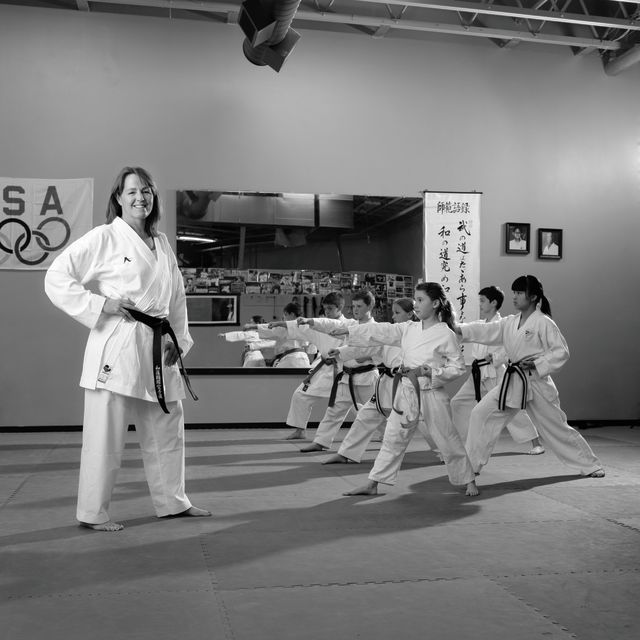
It’s certainly not a title the Utah native aspired to when she moved here in 1988 at the age of 21. “I didn’t know what I wanted to be,” Mullaly admits, “but I knew where I wanted to be. I did what I could to stay.” That translated to teaching skiing at Deer Valley and Park City Mountain Resort, waiting tables at numerous local restaurants, coaching mountain biking for Young Riders, and being the first female bouncer at the Alamo. “All of the old guys walked in and said, ‘What’s she doing here?’” she recalls. “But they got over it pretty quickly.”
“Suddenly I’m in my 30s,” Mullaly explains, “thinking I need to do something more than teach skiing.” She designed her own undergraduate degree in science communication at the University of Utah before landing her job, at which she continues to excel. She recently completed a master’s degree in environmental science with an emphasis on sustainability. She is currently creating a Thriving Communities Initiative for the county and working on a book, Thriving Lifestyles Guide.
With all that she has accomplished, you’d think Mullaly might want to, oh, maybe sleep or something? Nope. Recently, she earned her black belt in karate (despite two knee replacements), and she now helps coach Park City Karate’s junior competition team. In her downtime, the self-described tomboy enjoys home arts. “I was raised Mormon; I have that stock in me,” she says. “I like to cook, can, and knit.” She is also a passionate stargazer who owns her own telescope; she dabbles in freelance graphic design; and she’s even performed on the big stage here in town. “I was asked to help with the Follies a few years back. I assumed they meant as a stagehand. Next thing I knew, I was one of the leads. It was terrifyingly fun.”
A grateful recipient of low-income housing in the Silver Star community for five years—“I love that I can get on the chairlift or be on the trailhead, all right outside my front door,” she says—Mullaly knows she made the right choice of hometown. “I worked hard for so many years to stay here for a reason,” she says. “I’m so appreciative of this great community we’ve all found ourselves in. I wake up every day thinking, ‘What’s going to make my heart sing today?’”
Heart of the Game: Greg "Poundcakes" Winn
Like the veins of silver ore that once ran through our mountains, Greg Winn’s history in Park City runs deep. Born and raised here, Winn graduated from Park City High School in 1969 and married local Valerie Kummer (daughter of the late beloved historian Bea Kummer). They live on Park Avenue in a new version of the home Winn’s parents bought in 1947.
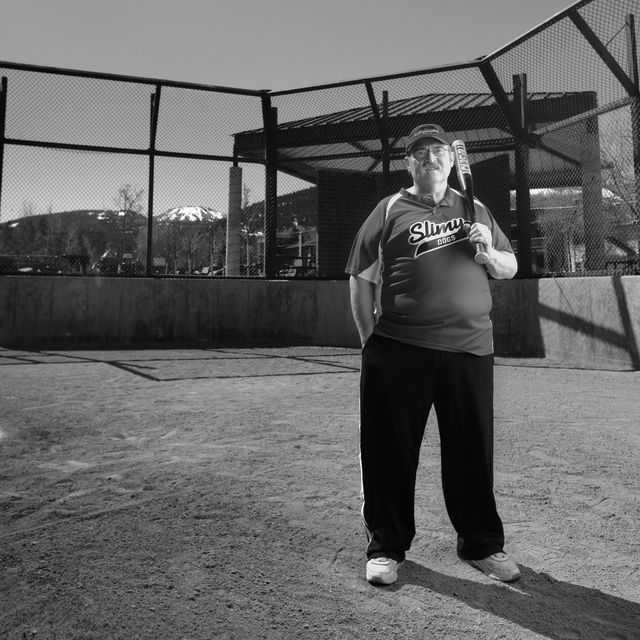
Winn has enjoyed careers of nearly a decade each at the Ontario Mines; 7-Eleven; Big A Auto Parts; and, for the past 15 years, delivering our mail. He works six days a week, eight to 10 hours a day. “I am thankful that I can get up in the morning at my age and go to work,” he says. “My dad always told me, if you go to work no matter what and you make it through, when you finally get time off, you’ll enjoy it that much more. I’ve always lived by that. The old-timers here in Park City, we don’t give up.”
Winn may enjoy work, but his passion in life, almost by default, is softball. “It was the only sport I could play,” he explains, “because I had open-heart surgery when I was 13.” Born with a heart murmur, Winn was growing bigger and more athletic, and his doctors became concerned that his heart wouldn’t keep up. They didn’t want him to play his trombone or take the field with the Little League team that he loved, on fields where Fresh Market now stands. “When I was a teen, they figured out I had a fungus growing from one wall of my heart to the other, cutting off the flow,” he explains. “They opened me up, took my heart out, put it on a table, and cleaned the aorta out like a plumber cleans out your pipes.”
That surgery held for 37 years and supported Winn’s adult sporting career as one of the founders of our first softball league in 1974. They had 16 men’s teams and eight women’s teams. “We played at City Park,” he recounts. "On Sundays for nearly 10 years, there were never fewer than 1,000 people out watching the games.” And the nickname? “One day one of the guys on the team yelled from the outfield, ‘Good job, Poundcakes,’ and that was it. Sometimes they just call me ‘Cakes’ or ‘Pounders.’ To this day, I’ll answer to ‘Poundcakes’ before I respond to ‘Greg.’”
In 2002, doctors discovered a leaky aortic valve and replaced it with a mechanical one. Winn kept playing ball until two years ago, when health issues again sidelined him. But he continues to cheer on his teammates proudly every week, because the game goes on.
